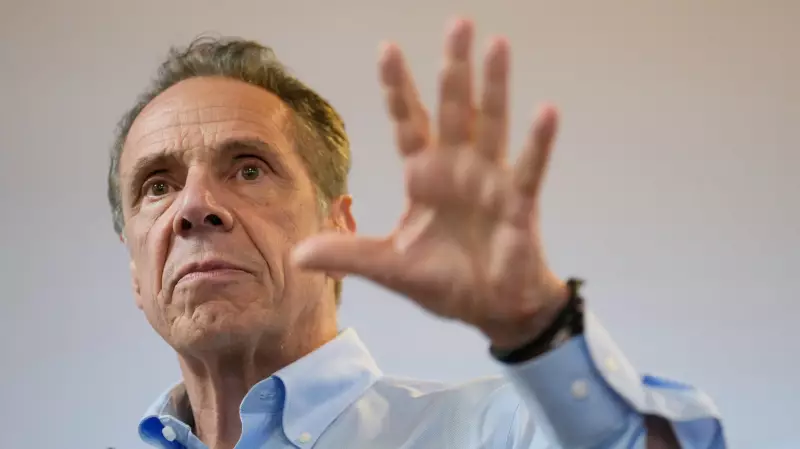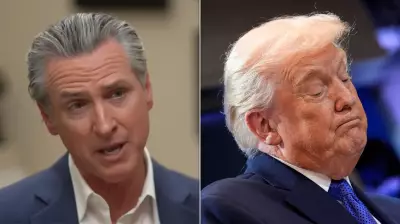
Former New York Governor Andrew Cuomo has ignited a political firestorm with controversial remarks about diversity that are drawing widespread condemnation from leaders and advocacy groups.
The Controversial Speech
During a recent public appearance, Cuomo made headlines by characterizing diversity as a "weakness" rather than a strength. The comments came during what was meant to be a routine political address, but quickly turned into a lightning rod for criticism.
"We're not going to survive if we see diversity as a weakness," Cuomo stated, framing his argument around national unity and strength. "It is our weakness. If we don't recognize the strength of our diversity, we will not make it."
Immediate Backlash and Reactions
The remarks prompted swift reactions from political figures and diversity advocates across North America. Critics argue that Cuomo's wording dangerously misrepresents the value of diverse communities and inclusive policies.
Several Canadian political observers have noted the particular relevance of this controversy given Canada's own ongoing conversations about multiculturalism and inclusion. The comments come at a time when many nations are grappling with how to balance national identity with increasing diversity.
Cuomo's Political Context
The controversy adds another layer to Cuomo's complicated political legacy. The former governor, who resigned in 2021 amid sexual harassment allegations, has been attempting to rebuild his public profile and political influence.
This latest incident suggests that his path back to political relevance may be more challenging than anticipated, as diversity and inclusion remain central values for many voters and political parties.
Broader Implications
The incident raises important questions about how political leaders discuss diversity and inclusion in public forums. It also highlights the ongoing tension between different perspectives on multiculturalism in contemporary political discourse.
As the story continues to develop, it serves as a reminder of the power of language in shaping public perception and the importance of careful communication on sensitive social issues.






